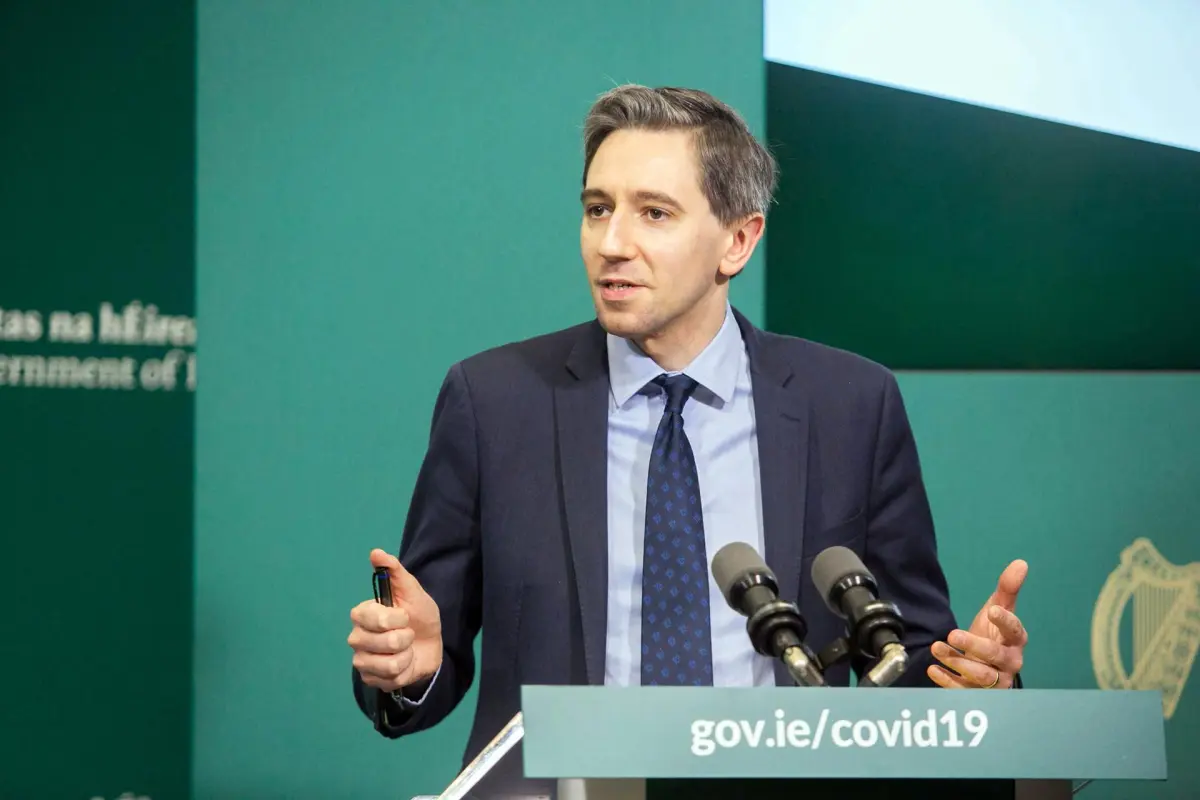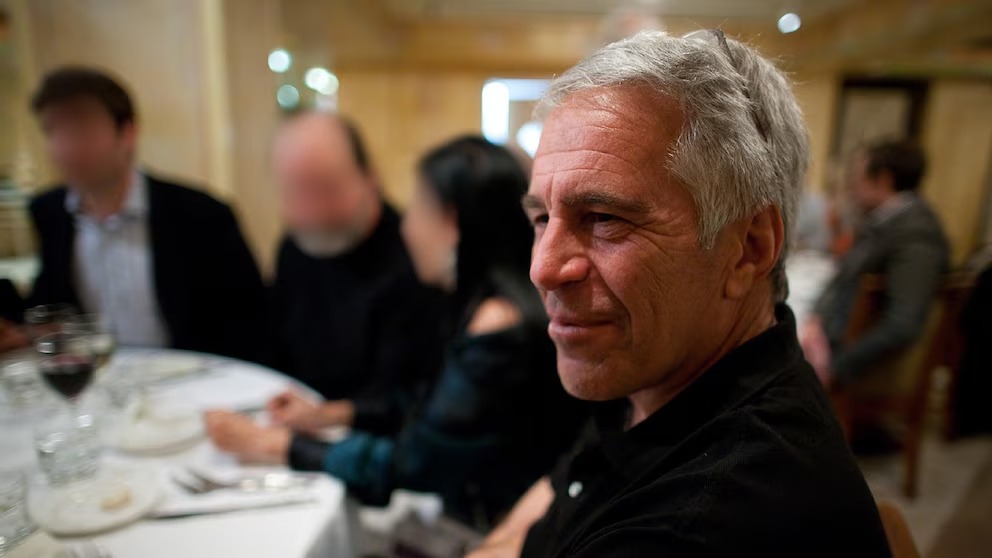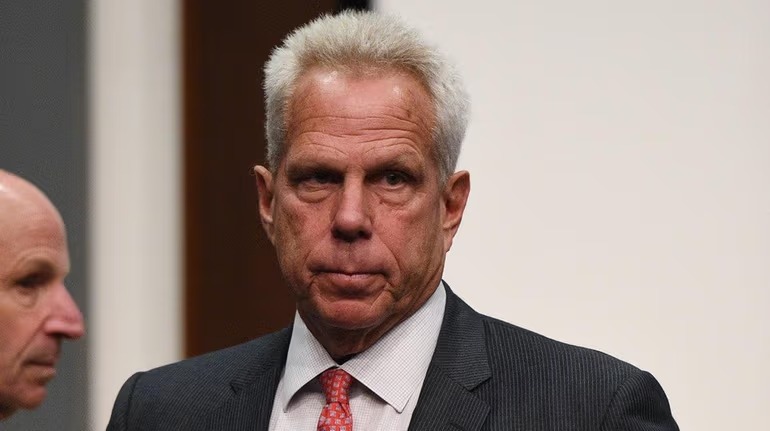International
Simon Harris confirms his candidacy for Irish Prime Minister, without other candidates

The Irish Minister of Higher Education, Simon Harris, announced on Thursday his candidacy for the position of leader of the Christian Democratic party Fine Gael and Prime Minister, after the resignation of Leo Varadkar.
In the absence of other applicants and after already receiving the support of more than half of his parliamentary group, Harris, 37, will be confirmed on Monday as leader of the formation, as a step prior to assuming the head of the Government after Easter.
The next ‘taoiseach’ (prime minister) has previously occupied the Health and Interior portfolios, the latter during a maternity leave of the current holder, Helen McEntee, who today refused to dispute the charges.
In making the announcement, Harris declared himself “honored” for receiving the support of “so many” co-religionists during the last 24 hours, while thanking the leadership shown by Varadkar during his seven years at the head of the party and in two stages as prime minister.
“Leo has guided our party and our country during very difficult times, including Brexit, the COVID-19 pandemic and the recent rise in the cost of living,” the conservative leader explained in an interview with the public broadcaster RTE.
The deadline for submitting candidacies for the leadership of Fine Gael began this Thursday and will end on Monday, although no last-minute announcement is expected, so Harris will be confirmed in office on April 5, on the eve of the party’s annual conference.
The Dáil (lower house) will meet again after the Easter holidays and the investiture session is scheduled to be held then.
Harris pledged to hold his future positions with “energy and enthusiasm,” to which he hopes to contribute, he said, with his own “life experiences”
“I want to work with my colleagues, I want to listen, I really want to reconnect with our party throughout the country,” he added.
Varadkar announced his resignation on Wednesday by surprise, two weeks after the unexpected defeat of the Executive’s proposal in two referendums aimed at modernizing the concept of family and the role of women in society.
The conservative leader, 45 years old, took the reins of the Government in December 2022, after two years as deputy prime minister in the coalition Executive with the centrists of the Fianna Fáil and the Green Party.
International
Epstein Denies Being ‘the Devil’ in Newly Released Video Interview

Jeffrey Epstein claims he was the least dangerous type of sex offender and denied being “the devil” in a video interview included in the latest batch of documents released over the weekend by the U.S. Department of Justice.
The roughly two-hour interview was conducted by Steve Bannon, a former adviser to U.S. President Donald Trump, and appears to have been recorded at the late financier’s New York residence on an unknown date.
Epstein died by suicide in 2019 while in jail awaiting trial on sex trafficking charges involving minors. Since December, the U.S. government has released millions of documents related to the case under transparency laws.
“Do you think you’re the devil incarnate?” Bannon asks Epstein in the video interview revealed in the latest release.
“No, but I do have a good mirror,” Epstein replies with a smile, wearing a black shirt and glasses. When pressed again, he adds, “I don’t know. Why would you say that?”
Epstein, who pleaded guilty in 2008 to soliciting a minor for prostitution, also appears to downplay the seriousness of his conviction.
He objects when Bannon refers to him as a “Level Three sexual predator,” a classification in the United States indicating a very serious threat to public safety.
“No, I’m the lowest,” Epstein says.
“But still an offender,” Bannon responds.
“Yes,” Epstein replies.
The exchange comes after Bannon asks Epstein whether he considers his wealth to be “dirty,” suggesting it was earned by advising “the worst people in the world.”
Epstein insists that he made his money legally, while acknowledging that “ethics is always a complicated issue.”
He claims he donated money to help eradicate polio in Pakistan and India, apparently in an attempt to justify the origins of his fortune.
The documents also show that Bannon maintained regular correspondence with Epstein, who offered to help the far-right political figure spread his conservative ideology in Europe.
Since Trump took office in January 2025, U.S. authorities have released millions of pages related to Epstein, along with photos and videos.
These materials have shed new light on Epstein’s ties to high-profile business executives such as Microsoft co-founder Bill Gates, celebrities including filmmaker Woody Allen, and academics and political figures, among them Trump and former President Bill Clinton.
International
Hypothermia Linked to Most Deaths During New York’s Recent Cold Spell

Hypothermia “played a role” in 13 of the 16 deaths recorded in New York City during the recent period of extreme cold, Mayor Mandami said at a press conference. Three of the deaths were classified as drug overdoses.
None of the individuals were sleeping on the streets at the time of their deaths, the mayor added, noting that some had previously been in contact with emergency shelter services.
Mandami said the city has activated emergency warming centers and deployed a fleet of 20 vehicles staffed with medical personnel to respond to the cold weather crisis.
“As of this morning, we have made more than 930 referrals to shelters and safe facilities. We have also involuntarily transported 18 New Yorkers who were deemed a danger to themselves or others,” he said.
According to official statistics, New York City recorded between nine and 27 cold-related deaths per year from 2005 to 2021. That number rose to 34 in 2021 and climbed further to 54 in 2022.
City Comptroller Mark Levine estimated that there are “tens of thousands” of homeless New Yorkers, “most of them families with children.”
He said that “nearly 95%” of the city’s homeless population lives in municipal shelters.
In August 2021, those shelters housed 44,586 people, the “lowest daily population in nearly a decade,” according to official data.
However, the shelter population increased from 22,955 to 62,679 people between January 2000 and January 2020, highlighting the long-term growth of homelessness in the city.
International
NFL Investigating Emails Linking Giants Executive to Jeffrey Epstein

NFL Commissioner Roger Goodell said on Monday that the league will “examine all the facts” regarding contacts between New York Giants co-owner Steve Tisch and Jeffrey Epstein, revealed in documents recently released about the late convicted sex offender.
The batch of files, made public on Friday by the U.S. Department of Justice, includes emails suggesting that Epstein introduced several women to Tisch.
Tisch, a film producer who has never been charged in connection with Epstein, issued a statement last week denying any wrongdoing.
“I had a brief relationship in which we exchanged emails about adult women, and we also discussed film, philanthropy, and investments,” Tisch said of his correspondence with Epstein, which dates back to 2013.
“I did not accept any of his invitations and never went to his island. As we all now know, he was a terrible person and someone I deeply regret having associated with,” he added.
Speaking at a press conference in San Jose, California, on Monday, Goodell said the NFL would carefully review the details of the ties between Tisch and Epstein.
“We’re going to examine all the facts,” the commissioner said. “We’re going to look at the context of those exchanges, try to understand them, and see how that fits within the league’s policies.”
Tisch, 76, could face disciplinary action under the NFL’s strict personal conduct policy, even if he is not found guilty of a crime.
“We’re going to take this step by step. First, let’s gather all the facts,” Goodell said at the press conference, which was part of the events leading up to Sunday’s Super Bowl between the Seattle Seahawks and the New England Patriots.
-

 International5 days ago
International5 days agoU.S. Senate Rejects Budget, Bringing Government Closer to Shutdown Amid DHS Dispute
-

 Central America4 days ago
Central America4 days agoPanama Supreme Court Strikes Down Panama Ports Concession as Unconstitutional
-

 Central America4 days ago
Central America4 days agoU.S. and Guatemala Sign Trade Deal Granting Zero Tariffs to Most Exports
-

 International5 days ago
International5 days agoStorm Kristin Kills Five in Portugal, Leaves Nearly 500,000 Without Power
-

 International5 days ago
International5 days agoMan Arrested After Vehicle Crashes Into Jewish Institution in Brooklyn
-

 International5 days ago
International5 days agoTrump Says Putin Agreed to One-Week Halt in Attacks on Ukraine Amid Extreme Cold
-

 Central America2 days ago
Central America2 days agoCosta Rica Goes to the Polls as Voters Choose Continuity or Change
-

 International37 minutes ago
International37 minutes agoSpain Seeks to Ban Social Media Access for Children Under 16
-

 International45 minutes ago
International45 minutes agoPetro Resumes Extraditions, Sends Top Criminal to U.S. Before White House Talks
-

 International41 minutes ago
International41 minutes agoMexico to Send Humanitarian Aid to Cuba Amid U.S. Threats Over Oil Shipments
-

 International48 minutes ago
International48 minutes agoMexico Arrests Suspect in Shooting of Sinaloa Lawmakers
-

 Central America43 minutes ago
Central America43 minutes agoLaura Fernández Says She Will ‘Never’ Allow Authoritarianism in Costa Rica
-

 International5 minutes ago
International5 minutes agoHypothermia Linked to Most Deaths During New York’s Recent Cold Spell
-

 International2 minutes ago
International2 minutes agoEpstein Denies Being ‘the Devil’ in Newly Released Video Interview
-

 International34 minutes ago
International34 minutes agoNFL Investigating Emails Linking Giants Executive to Jeffrey Epstein


























